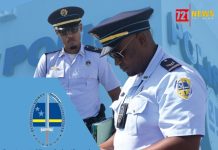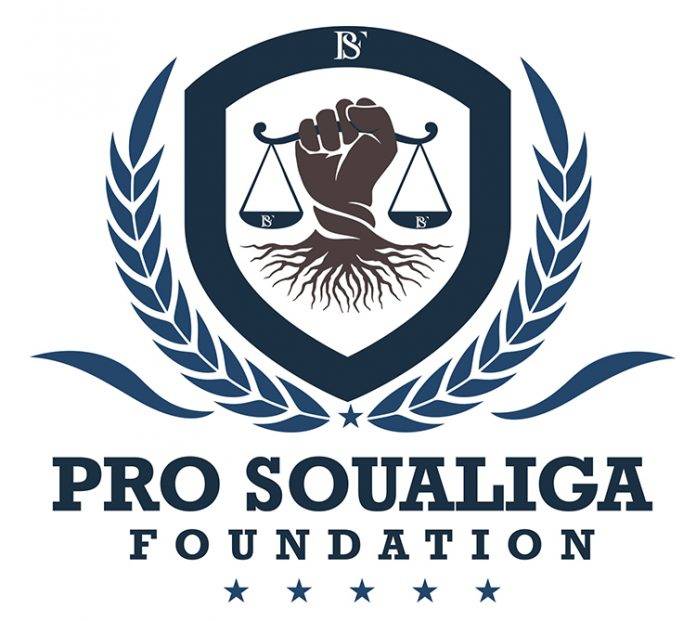Majority of “Dutch” Islands Have Approached United Nations
While the Parliament of St. Maarten passed a historic motion to finalize St. Maarten’s decolonization process by an overwhelming majority in November of 2020, it is worth bearing in mind that varying governmental, as well as, non-governmental bodies in Aruba, Bonaire, Curacao, and St. Eustatius have also expressed their desires to finalize their decolonization.
ARUBA:
In July of 2020, the Parliament of Aruba sent a letter to the United Nations Fourth Committee regarding the proposed Caribbean Reform Entity which Aruba’s Parliament claimed: “would tamper with the autonomous status of a free people.” Aruba’s Parliament declared that the Dutch Administrative Entity (Caribbean Reform Entity) would “have more power than a legitimately elected government and Parliament of a free people” and that it had “many characteristics of recolonization.” The Parliament of Aruba beseeched the UN Fourth Committee “to give this situation the necessary attention” and for them to “be accessible and receptive” while Aruba sought to take further actions. The aforementioned letter was signed by the Speaker of the Parliament of Aruba, Honorable MP J. E. Thijsen.
BONAIRE:
The Nos Ke Boneiru Bek (We Want Bonaire Back) Foundation has been working diligently for many years towards the finalization of Bonaire’s decolonization process. In 2017, the NKBB Foundation met with officials of the United Nations regarding “re-listing Bonaire on the non-self-governing territories list of the United Nations.” In November of 2020, NKBB Foundation presented the “Bonaire Self- Governance Assessment 2020” to the citizens of Bonaire. The self-governance assessment, prepared by former Advisor to the United Nations Decolonization Committee Dr. Carlyle Corbin, declares that Bonaire has severe democratic deficiencies under its current governmental relationship with the Netherlands. (Dr. Corbin made the same proclamation regarding democratic deficiencies for Curacao in 2012). NKBB is now seeking to use the assessment to once again approach the United Nations in hopes of having Bonaire reinscribed onto the list of Non-Self Governing Territories.
CURACAO:
On October 3rd, 2020, a group of Non-Governmental Organizations submitted a petition to the United Nations Fourth Committee, as well as, the U.N. Special Decolonization Committee. The petition mentioned that the proposed Caribbean Reform Entity violated “the right of self-determination of the Caribbean Countries (Aruba, Curacao, St. Maarten) within the Kingdom” and it called for Curacao to be reinscribed on the list of Non-Self Governing Territories. On October 10th, 2020, the Parliament of Curacao passed a motion by an overwhelming majority endorsing the petition sent to the United Nations.
ST. EUSTATIUS:
After St. Eustatius’ democratically elected government was unceremoniously removed in 2017 by the Netherlands, the deposed government of St. Eustatius took the Dutch government to court regarding the violation of Article 73 of the United Nations Charter. In October of 2020, the formerly deposed government achieved an absolute electoral victory by securing three seats. The government is currently awaiting its appeal decision from the Joint Court of Justice.
ST. MAARTEN:
In September of 2020, Pro Soualiga Foundation began two court cases against the Dutch in regards to the proposed Caribbean Reform Entity and the validity of the Kingdom Charter. The initial ruling against Pro Soualiga is now under appeal while the second case regarding the validity of the Kingdom Charter is currently before the court. In October of 2020, Pro Soualiga sent letters to the Chairperson and 24 members of the UN Special Decolonization Committee regarding the Netherlands’ continued violations of Chapter XI of the UN Charter. In November of 2020, the Parliament of St. Maarten endorsed the legal actions of Pro Soualiga, as well as, the aforementioned non-governmental initiatives of Curacao which were ultimately supported by the Parliament of Curacao. Additionally, the Parliament of St. Maarten unanimously agreed to establish a Permanent Committee on Constitutional Affairs and Decolonization.
Based on the information provided, it is clear to see that the majority of the “Dutch” islands have decided to seek United Nations assistance regarding the Netherlands and its continued disregard of UN Charter Article 73 and Article 2 in which it (the Netherlands) promises to fulfill in good faith “its obligations under the UN Charter.”
Bear in mind that Resolution 1514 (XV) declares that “the subjection of peoples to ALIEN SUBJUGATION, domination, and exploitation constitutes a denial of fundamental human rights” and “is contrary to the Charter of the United Nations.” Lastly, Article 6 of the UN Charter states “A Member of the United Nations who has persistently violated the Principles contained in the present Charter may be expelled from the Organization by the General Assembly upon recommendation of the Security Council.”
(The Netherlands has already been threatened with expulsion on two separate occasions due to its persistent violation of UN Charter principles regarding Indonesia’s right to self-determination.)
Pro Soualiga Foundation






























